|
More about the process: The research starts (but never ends)
|
This would be the third installment in my little “How I write a book” series; click the tag below for all of them. It’s my continuing effort to understand myself and have a cogent answer for people when they ask me that dreaded “are you a plotter/pantser/pepper” question.
Warning: Overextended analogies ahead.
At this point in my process, I have characters. I have this constellation of “moments” that I believe I can string a plot around. My next step is to take all these wild ideas I have–like, “Ooh, what if she gets on a ship for the West Indies!” or “Ooh, what if he runs for Parliament!” and let historical reality crush them. Mua ha ha.
No, not really.
For a writer of historical romance–okay, at least for this writer of historical romance–research is a chicken-and-egg thing. Meaning, I eat a lot while I do it.
No, okay, seriously. It usually starts out as, “Here’s the story I want to tell. How can I make it historically plausible?” (Note, I am relatively unconcerned about it being historically probable. It’s more than okay with me if I have my characters doing highly unlikely things–that makes for good story, IMO. I just try to avoid having them do chronologically impossible things.)
So I crack open that egg and start the research, and discover all the defects in that perfect, fluffy adorable little chick of a plot I’d been dreaming about. I have the inevitable moments like these:
“What do you mean, they didn’t have metronomes in 1815!?! My entire plot hinges on a missing super-spy metronome! *headdesk*” (This would be a random example. While I admire those authors who can write convincing Regency spies, I know I am not one of them. At least, not yet.)
But as the research progresses, I find myself getting new ideas. This is where that imperfect chicken starts laying some eggs. Some are good eggs and some are bad eggs, but hey–free eggs! For example, when I was researching the second book of my trilogy, Surrender of a Siren, I read several first-person accounts of sea voyages to and from the West Indies, and those accounts were where I got the idea for many of the scenes in the book. Certain traditions and experiences popped up in book after book, and I decided my characters should endure enjoy the same. (Really, how could I miss the chance to put my hero in a toga?)
So…um…at this point I have…an imperfect but oddly endearing chicken, that’s starting to look cute despite its flaws. And a bunch of eggs, just full of golden, yolky possibility.
Let’s start cookin’!
Of course, as I write the book, I keep researching. A thousand little questions arise along the way. “Just how does one milk a goat?” for instance. (Answer here.)
Note to self: I really should have breakfast before I blog.
My apologies to CM for any offense to her beloved totem, the most honorable and venerated chicken.
What’s the strangest thing you’ve ever found yourself researching for a book? Any favorite sources to share?


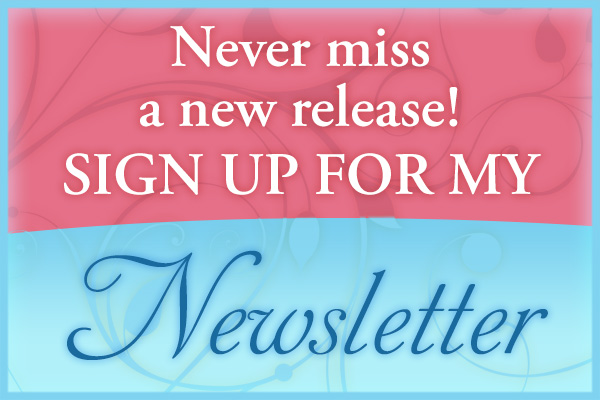
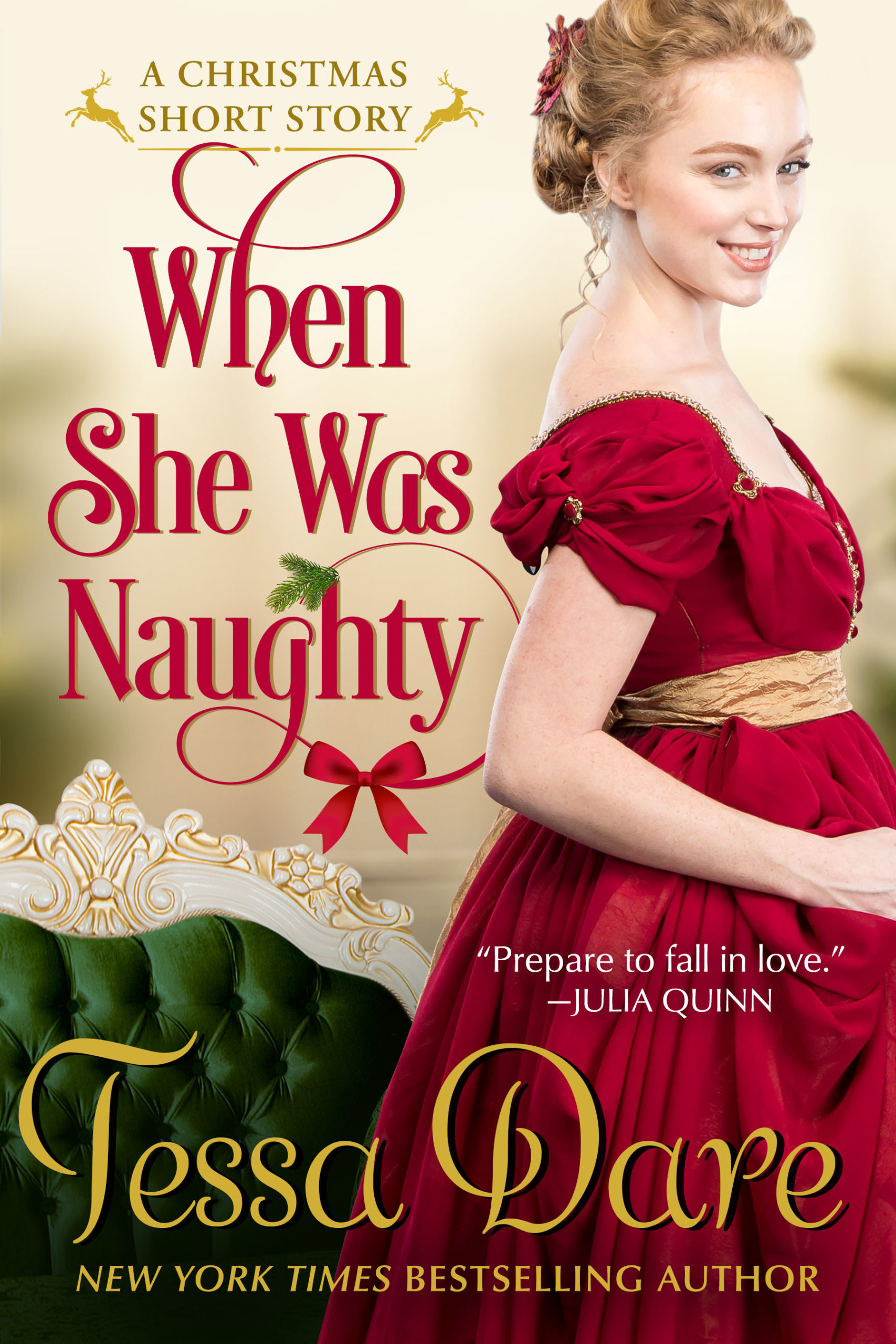
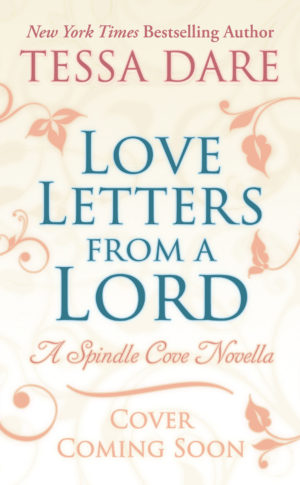
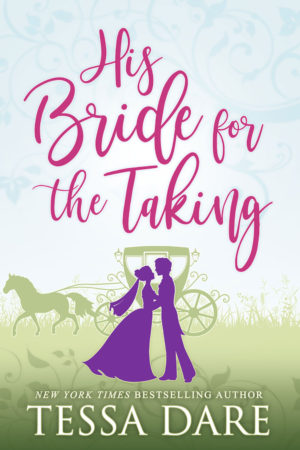
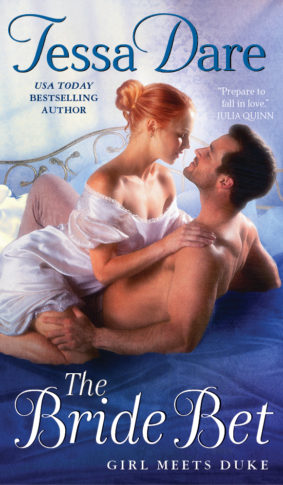
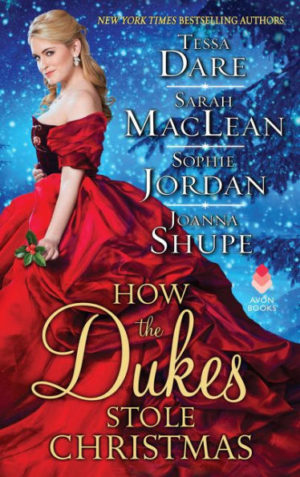

October 28th, 2008 at 11:36 am · Link
Research. Ugh. My dreaded word.
The good thing about contemps is that I usually don’t have to do a lot of research unless a pesky question pops up. Such as well, where in South Africa can I set this that’s remote? Ans: make it up! And then what type of snakes are there and how does one go about removing “poison” from a wound? What exactly does an African elephant sound like? And I had to learn a lot about South Africa and figure out how to include those details.
In the new one, I lived in Vermont where it takes place so a lot of it feels familiar and I can easily recall the harsh winters there. But then I get the questions well, how does a rock singer sing? Thank God for YouTube is all I have to say. I think I’m also going to have google some florists and various descriptive bouqets, etc.
You know, by setting LAYLOM in South Africa, I forced myself to research and learn how to more effectively incorporate setting into a book. So I guess with each book, you learn something new about writing. Hopefully. Maybe. Do you find that to be the case??
October 28th, 2008 at 1:03 pm · Link
I hate research. Of any kind. Which is why I didn’t do the four year college thing the first time around (nearly two decades ago…EEK!) and why I’m hating doing it now. So. Not. Fun.
This is also why I don’t write Historicals. I would get so caught up in the details, most of which I would never get right, that I’d reach levels of frustration unknown to man. There are parts of my WIP that will require a bit of research. My hero is a chef and I do not cook. At all. So that should be interesting. Thank goodness for the food network and Top Chef!
My heroine does photography as a hobby so that might take some research but she does marketing/promotions for a living and that I can wing.
In story ideas that are brewing, I have PI’s, a charter boat captain, a school teacher and a retired baseball player. I should be able to wing all but the boat stuff. And I’m guessing living on the ocean should help with that research. Fingers crossed anyway. LOL!
Thanks for letting us *see* your process, Tessa. This is great behind the scenes stuff.
October 28th, 2008 at 1:44 pm · Link
You nailed the best thing about research, Tessa: it sometimes writes the book for you. Okay, that might be exaggerating, but not much. By reading biographies, first-hand accounts (like you mentioned), diaries, etc., you get daily activity. You get life. You get all the little things that happened to people at that time. And they make for great storytelling when experienced by your characters. I write historicals because I love those bits.
October 28th, 2008 at 1:49 pm · Link
I love research. My problem is that I get so fascinated following the threads through the maze that I become distracted from the writing.
I was actually surprised by how much research is required even when writing a contemporary. What birds would you hear in North Carolina in the fall, for example? For my current WIP, I have been researching a small child’s response to the death of a custodial parent. For my next, my hero is a restoration architect, so I have to do some research there. The Internet is invaluable, of course, but so are human resources. When I was writing TLWH, I could shoot Terri a specific question about the country music business, and she would give me very quickly an answer that would have taken me ages to find through other means.
October 28th, 2008 at 3:03 pm · Link
I love doing research too, but I’m an expert on nothing. I did some research on Egypt and sheep for the last book (they wound up playing only the most cursory of roles, but I looked at a lot of cute lamb pictures). I also found some primary sources on Egyptian exploration which was absolutely fascinating. In the current WIP, I haven’t learned anything new. Maybe I should be worried.
October 28th, 2008 at 3:20 pm · Link
I’ve loved research ever since I wrote a paper on New Hampshire for the fourth grade. Once I got into the Encyclopedia Brittanica I didn’t stop until I looked at each link.
I find I do the same on-line. My latest venture – YouTube for site locations. Great way to travel to Russia without spending a dime.
October 28th, 2008 at 8:19 pm · Link
I luuurve research. Sometimes too much for my own good. That’s the stage I can’t seem to get out of. lol
Honestly, research fuels my characters, but then I can get so anal and wrapped in the tiniest details that research becomes a tourniquet. I’m working on it, but it’s difficult to break a bad habit.
October 29th, 2008 at 6:32 am · Link
I suffer from the same dilemma as Janga. Sometimes I get so obsessed about the research and finding the exact answer to my exact question, and every incarnation of that question, that the writing falls by the wayside.
I don’t know that I’ve ever had to research anything truly bizarre yet, but it has been an ecclectic assortment, nonetheless. Everything from grounds for annulment in the 19th century Church of England to care for coma patients to NSA codebreakers to Olympic soccer tourniment rules. The blessing (or curse) of an overly-curious mind, I suppose.
Thanks for the peek at your process, Tessa.
October 29th, 2008 at 9:26 am · Link
Research…gah, it’s a love/hate thing for me. I love finding interesting things and having them fill in parts of my story. I love how it makes the whole story cohesive and interesting. But it’s hard for me to make myself sit down and do it. Same goes for writing, in fact.*g*
Thanks for sharing more about your process, Tessa! It’s all so interesting and helpful.:)
October 29th, 2008 at 7:08 pm · Link
Hey guys! We all got sick yesterday…ugh. But are doing okay today.
hey, Ely – I like to think that with each book, I’m learning more about writing craft! But I seem to just find new mistakes to make, LOL. Your South Africa example is a great one, and I know I can sympathize. I sweat about writing Regency-set stories, because I’ve never been to England. One of these days, I really must go – when the dollar’s worth a bit more, and my kids are older.
Terri, you make an excellent point that there’s just as much research needed when writing a contemporary. In fact, I think I’d worry about it more, because it reflects someone’s reality in the here and now–and if you get it wrong, it’s going to be really obvious. But I love research, really. I mean, I am a librarian!
Darcy, we continue on the same wavelength. Yep, I love mining those old primary sources, particularly on Google books. They’ve given me so many good ideas for plot devices and scenes. Plus, you get a feel for the way people spoke and wrote and constructed sentences – it really helps with developing a historical voice.
Janga, I completely agree about the real-person sources being invaluable. I rely on them! CM for anything legal, and for…just about anything else, too. Skirbo has helped me big-time with horse-related stuff. Once, Lindsey interviewed her dad about what it’s like to be color-blind, and reported back–that was awesome.
More in another comment…
October 31st, 2008 at 8:23 am · Link
Okay, it took longer than expected for me to get back, LOL
Maggie – why is it sheep (and goats) are so fascinating? I’ve spend untold time researching livestock and game animals. I don’t know why, but animals always end up playing some role in my plots. Now I’m on to horses. The Egyptian exploration sounds so intriguing..which book was that for?
Santa – I love research (and You Tube) too! I think I’ve looked up vids of horses, cathedrals, birds in flight, etc. It’s definitely one way to help make up for travel deficiencies.
Evangeline and Kelly, I know what you mean. Research is important, but it can also become just another form of procrastination. As I write, I usually just mark things that I’ll need to look up with some asterisks or highlights, and then I go back later. That way, I avoid getting too sidetracked. (LOL, anyone who read an early version of SOAS can attest to the many places in the text where I had people yelling, “Do something*** with the sail!”
Kelly Krysten, I do find it hard to do research solely for research’s sake. It always starts from the desire to fact-check something I’m already planning to write. But I’m not really one to cuddle up with a history of horse-breeding of an evening, just because. 🙂
Great comments, everyone!
December 30th, 2008 at 8:54 pm · Link
Researching is almost my favorite part of writing.
The strangest thing I’ve ever researched…hallucinates and honestly farthingales and peascod. I just don’t get the fashion thing. 🙂
Renee